Table of Content
▲
The recent Pune land scam has once again brought the city’s real estate market into sharp focus. Once known primarily as an education and IT hub, Pune has rapidly transformed into one of India’s most active property markets. However, as land values surge, concerns about transparency, ownership disputes, and inflated pricing are also coming to light.
This controversy surrounding the sale of 40 acres of government land in Mundhwa has sparked political outrage and renewed debate about due diligence and land governance. At the same time, Pune’s housing market continues to evolve with strong demand for premium homes, rising prices, and an affordability crunch for middle-income buyers.
Here are five key insights into Pune’s real estate market in the wake of the Pune land scam.
1. Affordable Homebuyers Being Priced Out
Rising property prices are reshaping Pune’s residential market. According to Knight Frank India, the city recorded 12,118 units sold in Q3 2025, down 8% year-on-year, even as prices rose by around 5%. This imbalance reflects a growing affordability crisis many buyers are experiencing “sticker shock” as prices move beyond reach.
Developers like Gera Developments note that demand in the affordable and mid-income segments has slowed as buyers rethink budgets. The result: a growing gap between price expectations and purchasing power.
Incidents like the Pune land scam further complicate the landscape. Questionable land ownership and inflated valuations discourage ordinary buyers, who are already struggling with high EMIs and limited supply of affordable homes.
Also Read: Trident Realty Targets ₹1,200 Crore from Launch of 199 Plots in Panchkula
2. The Rise of Luxury Housing in Pune
While affordability is tightening, luxury housing continues to dominate new launches and buyer interest. Wealthier professionals, entrepreneurs, and NRIs are driving a clear shift toward premium homes in prime localities such as Kalyani Nagar, Koregaon Park, Boat Club Road, and Baner.
Limited land availability in these areas has led to a new wave of redevelopment projects, replacing older bungalows and society plots with low-density luxury residences. Developers are focusing on high-value, lifestyle-centric housing with top-tier amenities and private layouts.
However, the Pune land scam has made both developers and buyers more cautious. Legal clarity on ownership titles, power-of-attorney transactions, and government approvals are now under greater scrutiny particularly for high-value land parcels in and around city centers.
3. The Pune Land Scam: What Happened and Why It Matters
At the heart of the Pune land scam is a controversial ₹300 crore sale deed involving 40 acres of government land in Mundhwa, executed without proper permissions. The transaction between Amadea Enterprises a firm co-owned by political figures and local representatives claiming ownership has raised serious concerns about fraudulent land transfers and misuse of power.
The case underscores a key challenge in Indian real estate: verifying clean title and legitimate ownership before finalizing a deal. Pune’s rapid urbanization has created complex land records, where overlapping claims and unclear documentation can lead to disputes.
For investors, the lesson is clear legal due diligence is non-negotiable. Buyers should check government notifications, mutation records, and title deeds through lawyers before investing in any plot or apartment.
This scandal has triggered a broader call for reform, with experts emphasizing the need for digital land registries and stronger enforcement mechanisms to prevent similar scams in the future.
4. Infrastructure Push Creating New Real Estate Hotspots
Despite recent controversies, Pune’s real estate fundamentals remain strong. Massive infrastructure investments are reshaping the city’s geography and creating new demand corridors.
Projects such as the Pune Metro (Phases 1 & 2), Pune Ring Road, and upgraded Mumbai–Bengaluru Expressway are enhancing connectivity and accessibility. As a result, areas like Baner, Balewadi, Wakad, and Hinjewadi are emerging as western growth hubs, while Kharadi, Wagholi, and Undri are gaining traction in the east.
Township developments and plotted housing projects near Purandar, where a new airport is proposed, are also witnessing increased investor interest.
However, experts advise caution the Pune land scam highlights why infrastructure-led growth must be accompanied by strict regulatory oversight and transparent land acquisition processes. Without that, even prime locations risk legal entanglements.
5. Pune’s Office and Data Centre Markets Remain Strong
While the residential sector is recalibrating, Pune’s commercial and industrial markets continue to show resilience.
According to Knight Frank India, the city registered 2.3 million sq. ft. of office transactions in Q3 2025, reflecting only a marginal 9% decline year-on-year. Meanwhile, a Cushman & Wakefield report ranks Pune 4th among Asia-Pacific’s emerging data centre hubs, with 112 IT MW of operational capacity as of early 2025.
These segments are supported by Pune’s strong base of IT, auto, and logistics industries. The continued growth of enterprise-grade colocation facilities and new commercial developments shows that investor confidence in Pune’s economy remains largely intact despite short-term disruptions caused by incidents like the Pune land scam.
Also Read: Housing Prices in India May Grow 5–10% Yearly, Sales Expected to Double by 2047
Conclusion
The Pune land scam has served as a wake-up call for India’s real estate ecosystem reinforcing the importance of transparency, governance, and due diligence. Pune’s property market remains one of the most promising in India, driven by its expanding job base, infrastructure upgrades, and high quality of life.
However, as the city grows into a premium housing destination, maintaining buyer confidence will depend on the credibility of land transactions and legal safeguards. Developers, regulators, and investors must work together to ensure clean title verification and ethical practices.
In the long run, Pune’s real estate growth story is unlikely to slow but it must evolve on a foundation of accountability and trust if it hopes to remain one of India’s most attractive property markets.

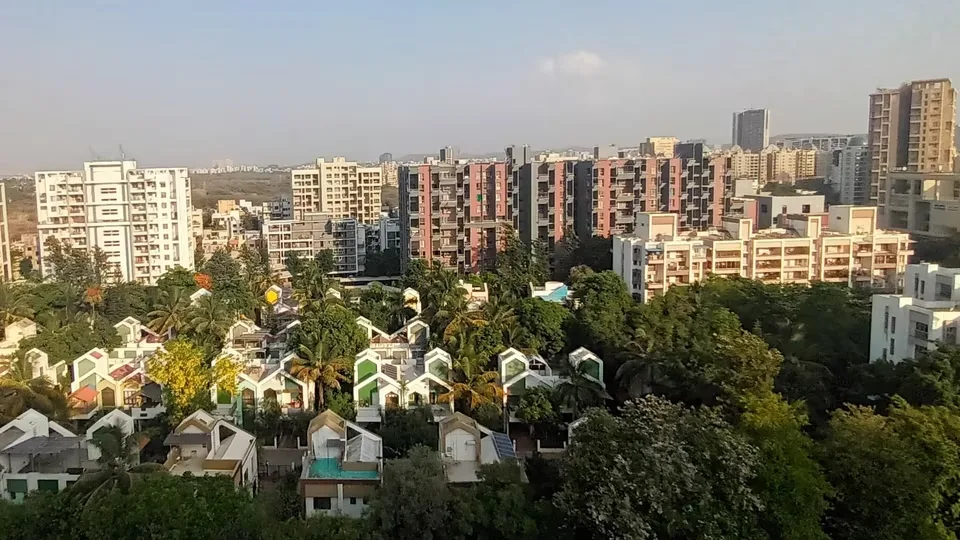
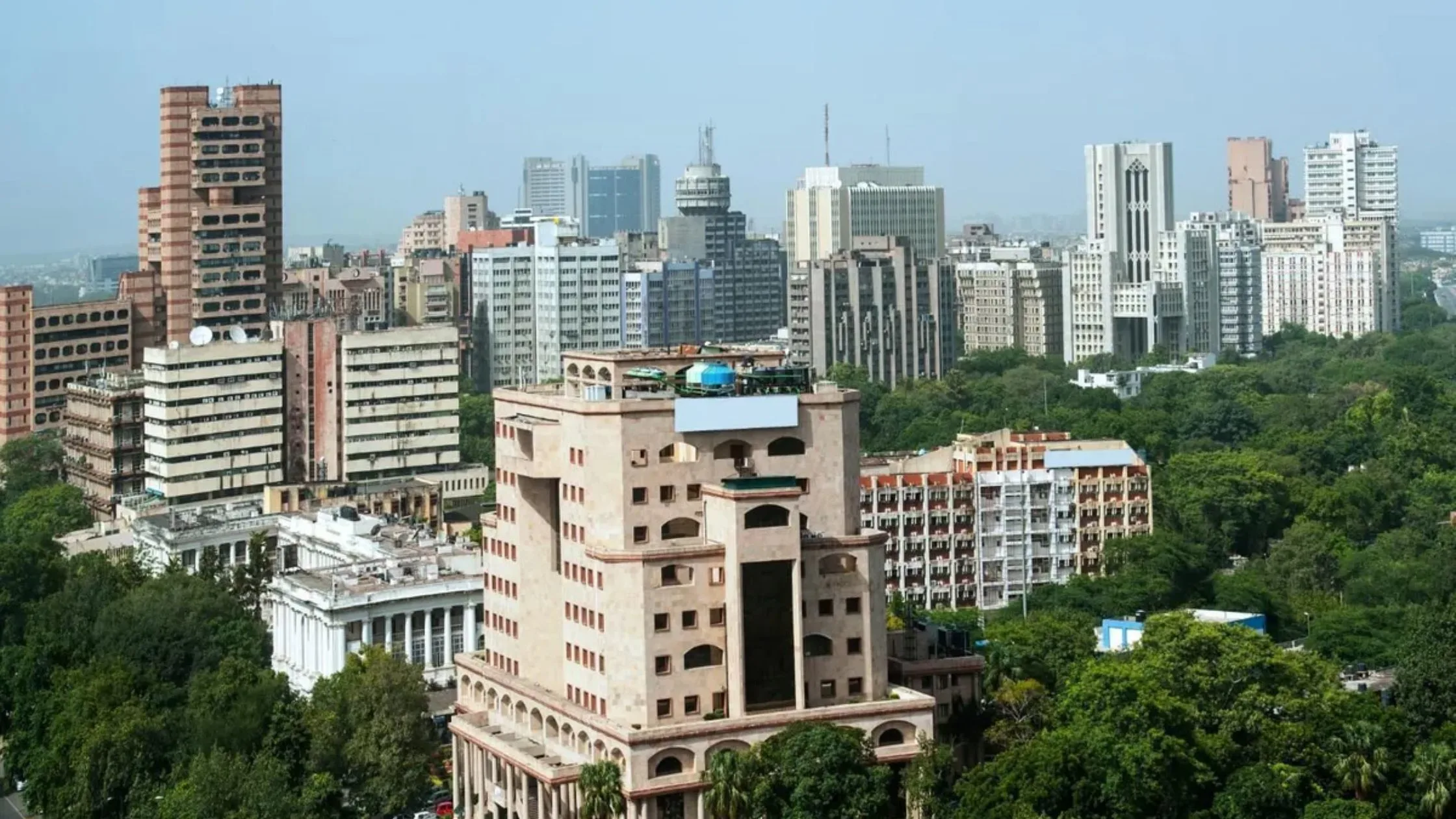
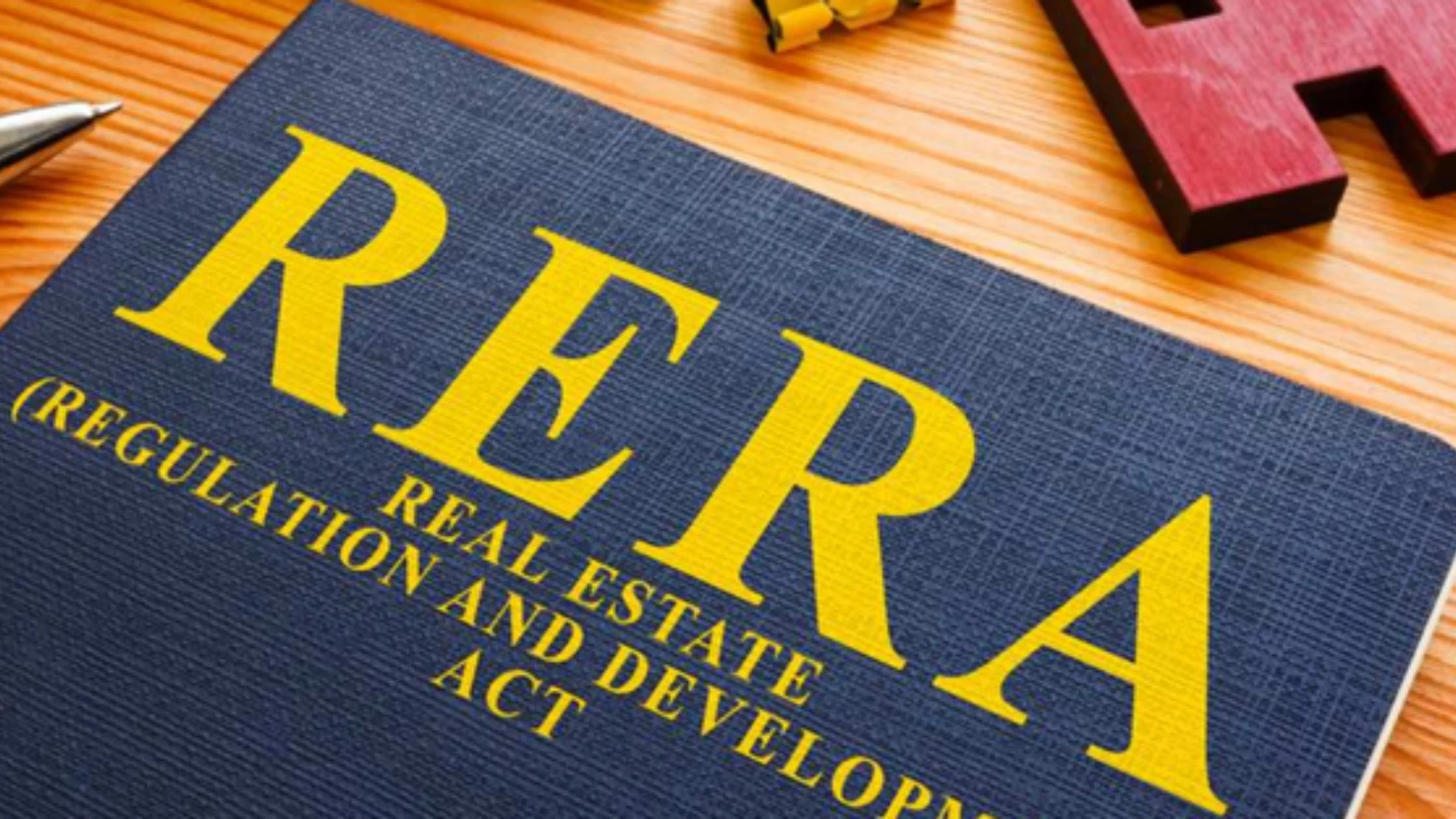
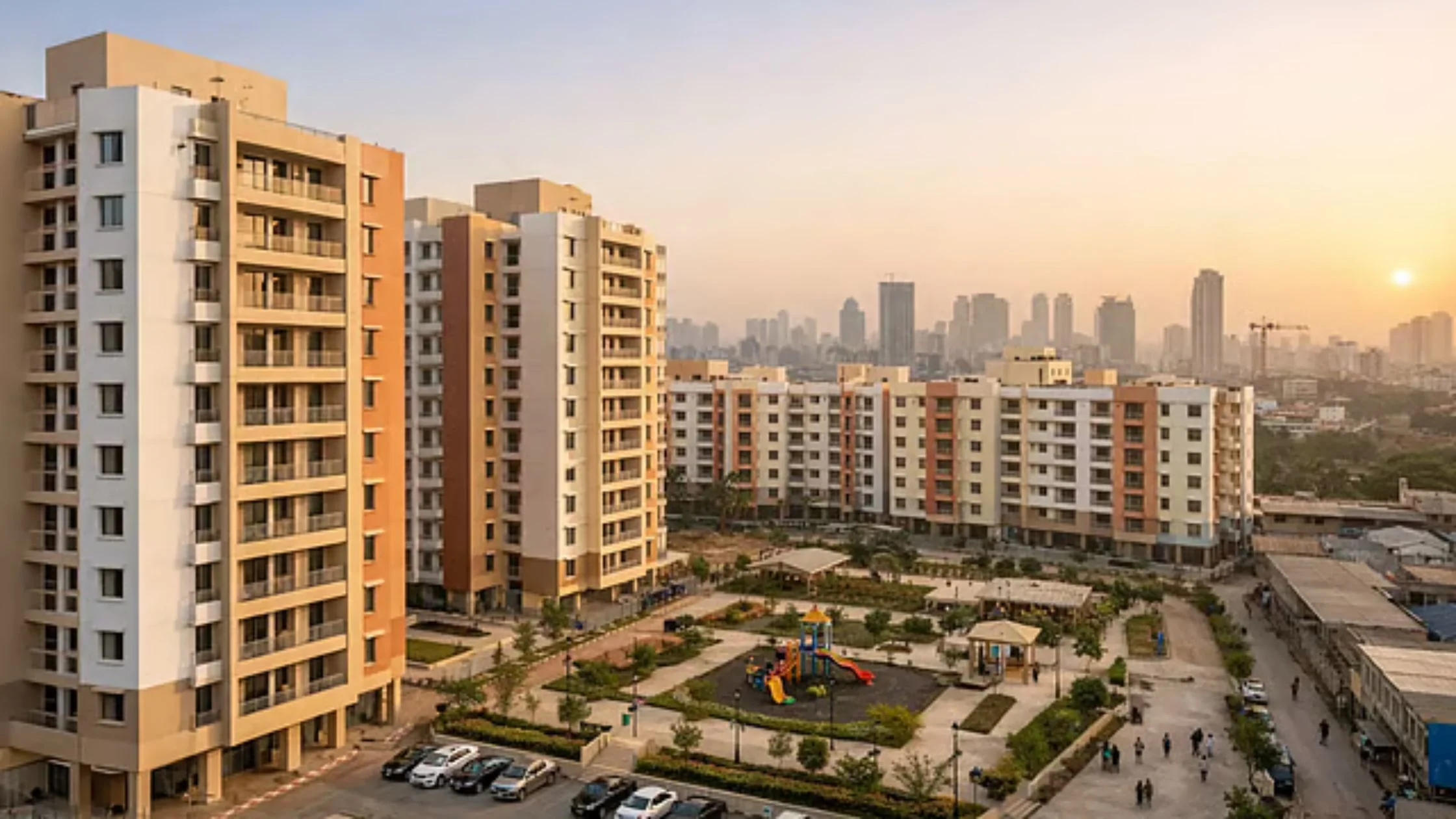

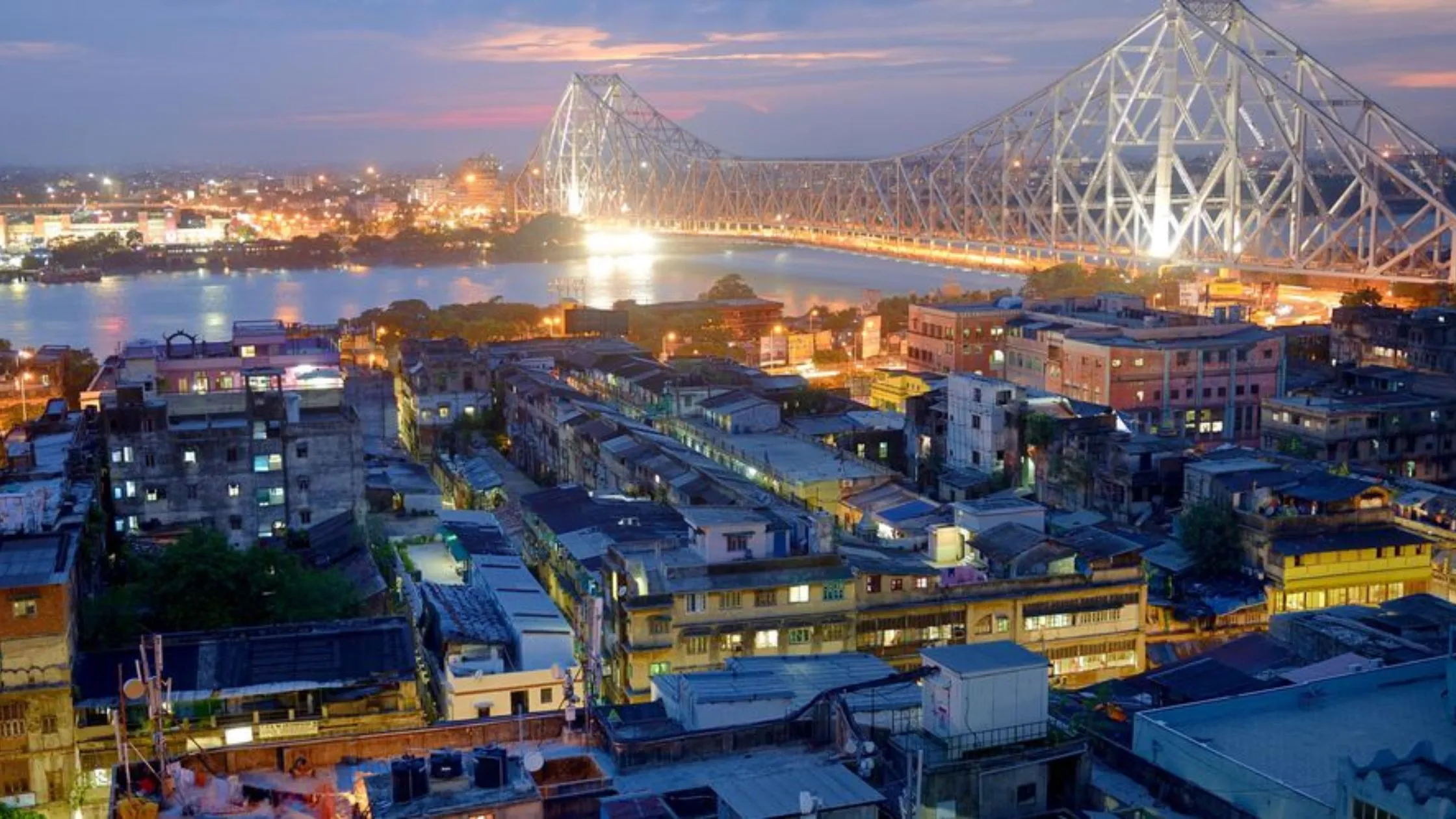
Ans 1. The Pune land scam involves a controversial ₹300 crore sale of 40 acres of government land in Mundhwa executed without proper permissions, highlighting issues in land governance and title verification.
Ans 2. The scam has heightened caution among buyers, especially regarding legal clarity of ownership, proper approvals, and title verification, making due diligence essential before investing.
Ans 3. Yes. Rising property prices and high demand have priced out many middle-income buyers, creating an affordability gap in Pune’s residential market.
Ans 4. Luxury housing demand is growing in Kalyani Nagar, Koregaon Park, Boat Club Road, Baner, and other prime locations, driven by high-net-worth individuals and NRIs.
Ans 5. Projects like Pune Metro, Pune Ring Road, and Mumbai–Bengaluru Expressway are creating new growth corridors, increasing connectivity and real estate demand in both western and eastern Pune.
Ans 6. Yes. Pune recorded 2.3 million sq. ft. of office transactions in Q3 2025 and ranks 4th in Asia-Pacific emerging data centre hubs, reflecting resilience in its commercial and IT sectors.
Ans 7. Buyers should perform thorough legal due diligence, including checking title deeds, mutation records, government notifications, and engaging experienced real estate lawyers before purchase.
Ans 8. Areas near Purandar (proposed new airport), Hinjewadi, Balewadi, Wakad, Kharadi, Wagholi, and Undri are gaining traction among investors and homebuyers.
Ans 9. Despite challenges, Pune’s market benefits from rapid urbanization, strong IT and industrial base, rising incomes, and infrastructure expansion, supporting long-term growth.
Ans 10. The scam underscores the importance of transparency, governance, proper title verification, and ethical practices to maintain buyer confidence and sustainable market growth.